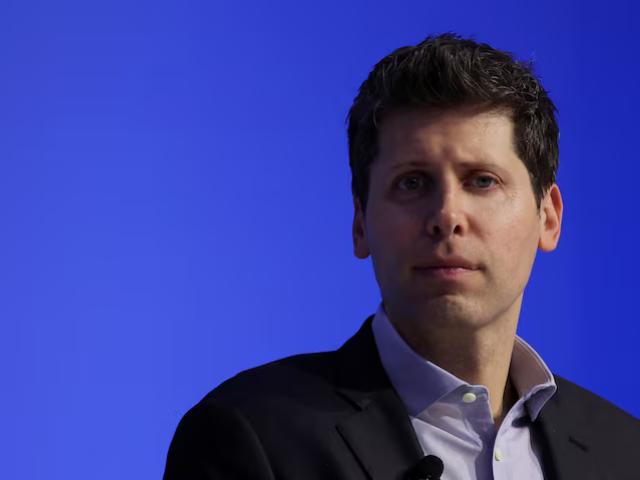Sam Altman leaves OpenAI’s safety committee
Sam Altman departs OpenAI's Safety and Security Committee amid rising concerns over AI safety practices.

Sam Altman, CEO of OpenAI, has stepped down from the company’s Safety and Security Committee, a group created in May to oversee safety decisions related to OpenAI’s projects and AI models.
The committee will now operate independently, chaired by Zico Kolter, a professor at Carnegie Mellon, and includes Quora CEO Adam D’Angelo, retired U.S. Army General Paul Nakasone, and former Sony EVP Nicole Seligman—all of whom serve on OpenAI’s board of directors.
This change follows recent scrutiny of OpenAI's safety measures from U.S. lawmakers and concerns over its AI regulation stance.
Altman’s departure comes after five U.S. senators questioned OpenAI’s policies, and amid reports that many staff members focused on long-term AI risks have left the company.
Meanwhile, OpenAI has significantly increased its federal lobbying efforts, budgeting $800,000 for the first half of 2024 compared to $260,000 last year.
The committee recently reviewed OpenAI’s latest AI model, o1, after Altman’s exit and will continue to receive regular updates on safety assessments. They retain the authority to delay AI model releases until safety concerns are resolved.
In a May op-ed for The Economist, former OpenAI board members Helen Toner and Tasha McCauley expressed concerns about the organization's ability to regulate itself.
"Based on our experience, we believe that self-governance cannot reliably withstand the pressure of profit incentives," they stated.
OpenAI’s financial ambitions are increasing. The company is reportedly in the process of securing more than $6.5 billion in funding, which could elevate its valuation to over $150 billion.
To secure the investment, OpenAI is rumored to be considering abandoning its current hybrid nonprofit structure, which was initially designed to limit investor returns and ensure the company stayed true to its mission of developing artificial general intelligence for the benefit of humanity.



















COMMENTS
Comments are moderated and generally will be posted if they are on-topic and not abusive.
For more information, please see our Comments FAQ